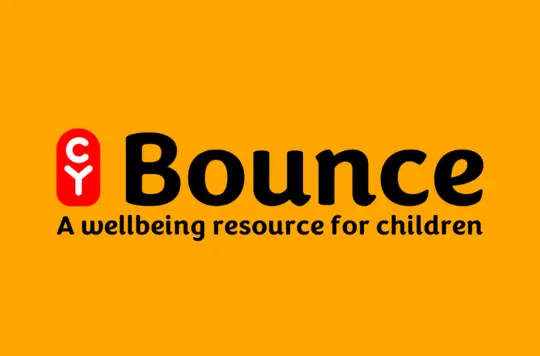8 September 2023
Time to talk
Simon Hope

Content warning This article deals with the topic of suicide. If you need to talk to someone, you can call Samaritans day or night, 365 days a year, for free on 116 123, send an email to jo@samaritans.org or visit samaritans.org to find your nearest branch.
Ahead of World Suicide Prevention Day (10 September), David Grundy tells Simon Hope about Learning and Development’s suicide prevention course.
A friend shares thoughts about ending their life with you. What do you do? As a learning and development officer with a focus on mental health, suicide awareness is an important part of David’s role.
Let’s Talk About Suicide is an online course created by The Salvation Army’s Learning and Development. It is designed to improve your knowledge of the subject and the resources and links you can access, and is supported by material from charity Grassroots Suicide Prevention. It bridges the gap between the shorter, half-hour Zero Suicide Alliance training session, available via iLearn, and the in-person, two-day Applied Suicide Intervention Support Training.
More than a series of long lectures, the course uses an interactive film and activities to teach you how to respond to someone experiencing suicidal thoughts – what to say and what not to say – as well as explaining statistics, risk factors of suicide and who you can reach out to for help and advice. By equipping you, it helps you to be more confident and less likely to panic when talking to someone who is at risk of suicide.
Following the course, more than 80 per cent of respondents said they felt ‘confident’ or ‘very confident’ that they were better able to support someone.
While the causes of suicidal thoughts are complex and nuanced, suicides are preventable. The word ‘suicide’ has historically been taboo, and many people find it difficult to talk about it candidly. Education is the most powerful way to combat these fears.
As an example, David explains how crucial it is to talk openly and ask direct questions to people who are experiencing suicidal thoughts. For example, slang terms that talk around the subject – ‘You’re not thinking of doing something silly?’ – would not be helpful.
‘All the evidence and all the research,’ David elaborates, ‘suggest we actually need to ask the question: “You’re not thinking about suicide, are you?” We need to be confident enough to say “suicide”, but there is still a stigma.’
David points to mental health advocate Sir Norman Lamb, who wrote: ‘Suicide remains a huge social taboo. Some people feel unable to talk about suicidal feelings – and as a result fail to access the help and support they need. Others around them might be too scared to intervene when they know someone is at risk – or may just feel there is nothing they can do.’
Thousands of people in the communities we serve take their own lives every year. Let’s Talk About Suicide offers the tools to be the difference when someone walks into your corps or centre looking for help. Are you ready to talk with them?
- To find out more about this and other courses visit wbclearningdevelopment.org or email wbclearning.development@salvationarmy.org.uk
- You can also read the Army’s international positional statement on suicide prevention
Written by

Simon Hope
Editorial Assistant
Discover more

Grace Ball asks what we are doing to support young people.

Austen Hardwick (Children and Youth Department) talks to Salvationist about supporting young people’s wellbeing and new resource Bounce.

This iLearn course gives an overview of mental health and encourages understanding and empathy towards those living and working through mental illness.

Information and guidance about moral and social issues for members of The Salvation Army.